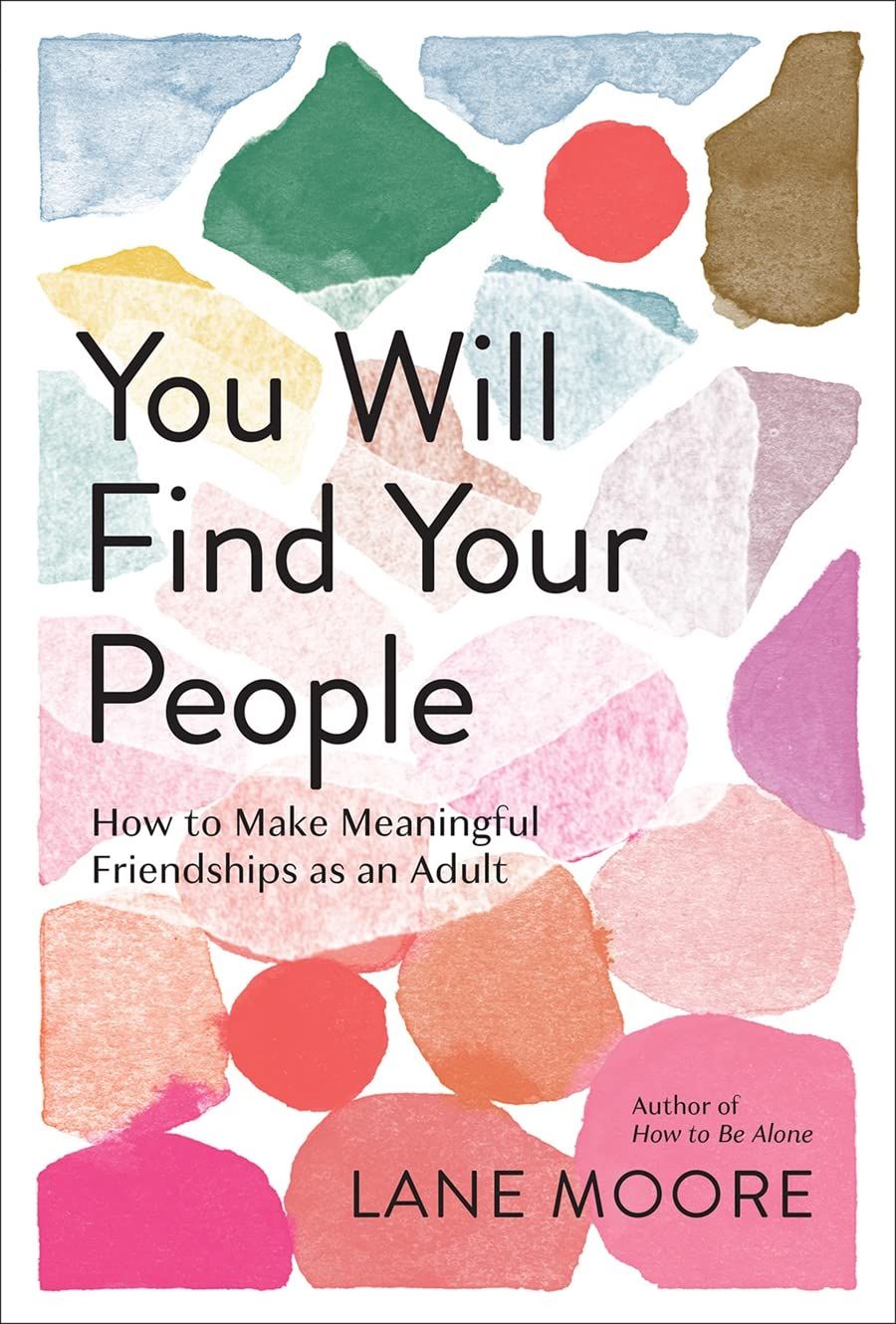The original post is located at www.elle.com
When I was a kid, I would read Anne of Green Gables voraciously. I was genuinely obsessed with the ideas imparted within the pages of Lucy Maude Montgomery’s book about dreamy friendships, wherein two people were absolutely soulmates. They never had glaring differences, communicated wordlessly without having to ask about past traumas or trying nervously to find the words as to why they needed what they needed. Anne of Green Gables, and for that matter, pretty much every single piece of media I read or saw before or after, told me that was what friendship was: You’re different, but you’re exactly the same, and you never need to figure out a way to love each other in a different way than how you needed to be loved. In my own friendships, this has absolutely not been a real thing.
I saw this kind of “I know it without them having to tell me” friendship everywhere when I was growing up. In real life, the tragic fact was that I toiled with not understanding why I had these hiccups in my friendships that seemingly had nothing to do with how much we loved each other. It was the biggest revelation when I finally realized, “Ohhh, we have conflict ing attachment styles. This is just as much of a thing in my friendships.”
Attachment theory is nearly always discussed in a romantic context. We never talk about it affecting friendships, arguably because society tends to backburner our friendships, considering them less important than romantic love, which implies that friendships should just be easy and light, even placeholders for romantic love, which is of course, incorrect and boring. But when I wrote about how my own attachment style had kept me in just so many toxic cycles with romantic partners in my first book How To Be Alone: If You Want To And Even If You Don’t, and then started to write about why the hell it seems to be so hard to make real, solid friendships as an adult in my second book, You Will Find Your People: How To Make Meaningful Friendships As An Adult, I started to realize that, wait, our attachment styles can affect our friendships just as much as they affect our romantic relationships. We just don’t talk about it.
In our friendships, it’s just as crucial to know if someone has a secure attachment, with the ability to give and receive love very openly, or if they tend to be more anxious, or even avoidant when it comes to getting close to people. Why would we not want to know more about how people are able to love us, and to be loved by us, simply because they’re “just friends?” Friendships are relationships! It was so huge to realize that it wasn’t bad if I sometimes needed more reassurance that my friends aren’t mad at me, nor was it bad if a friend of mine needed more reassurance, or more space because of their own attachment styles. Recognizing these differences between ourselves and our friends are just that, differences, and not personal failings, was so revolutionary for the way I viewed my friendships. I was often attracting challenging friendship dynamics not because we didn’t like each other, not because we didn’t have fun, but because our attachment styles were at odds with each other.
A lot of people who have an anxious attachment style tend to be drawn to people with an avoidant attachment, like a moth to a flame, even though they can be so challenging (unless both parties are basically tiny trauma therapists willing to work at it, but often the anxious attachment is more than willing to work on it and the avoidant is like, lol, hell no).
It’s not a personal failing to be anxious or avoidant. No one is just their attachment style. You’re not bad at friendship; you’re not messing up. It’s not that simple. Our attachment styles are formed based on what our caregivers gave us as children, so understandably we’re drawn to people who are mimicking what those caregivers gave us.
But it’s so important to know that sometimes having differing attachment styles can be the reason why a friendship that’s “good on paper” ultimately doesn’t work out the way we want it to. At least having the knowledge of our own and our friends’ attachment styles, and a willingness to understand each other, gives us a hell of a lot better shot at giving us the happy ending we both want and absolutely deserve.















